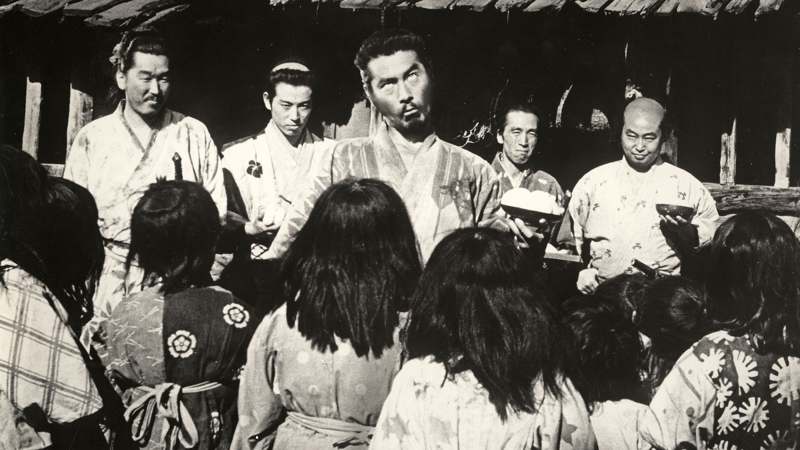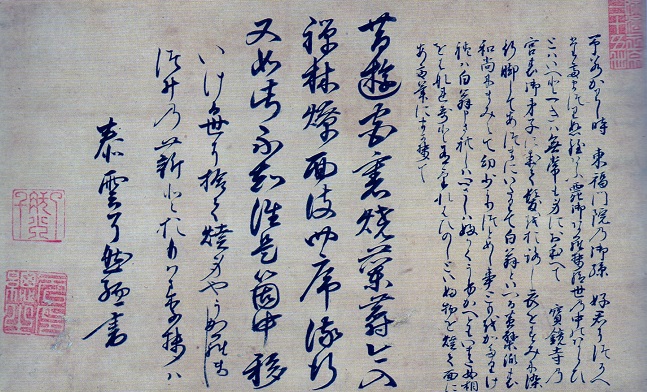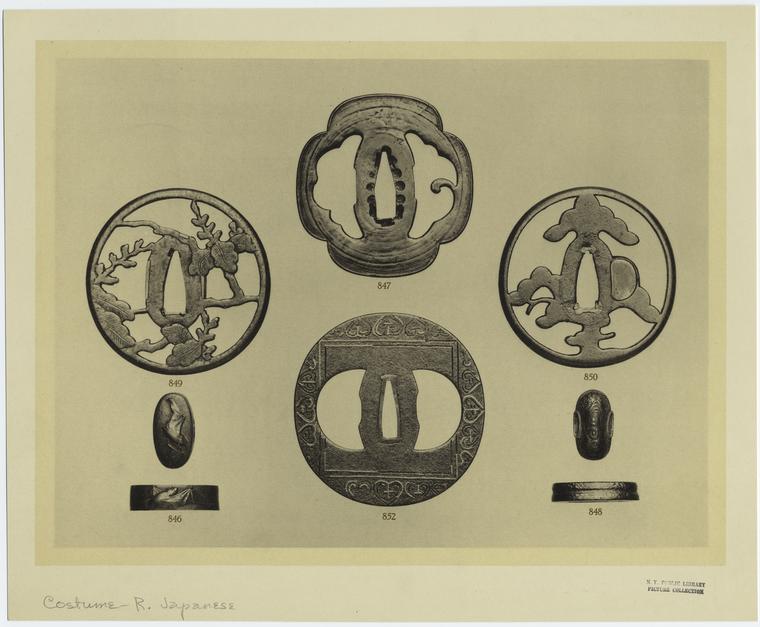Study strategy over the years and achieve the spirit of the warrior. Today is victory over yourself of yesterday; tomorrow is your victory over lesser men. –Miyamoto Musashi
Miyamoto Musashi is famous for being an undefeated swordsman. In one of his most famous stories, he made his challenger wait on an island. Being late to a duel was an insult. When Musashi arrived, he refused to fight his opponent with his sword, opting instead to fight the man with an oar. Musashi, of course, won because his opponent held so much rage at such insults that the man couldn’t fight effectively. Beyond being a warrior, Musashi was a philosopher and a writer. As with many other Bushido writers, Musashi’s writings apply to martial arts and war but also to daily life and the war each of us must fight within ourselves. Throughout his writings, Musashi refers to the Way and strategy interchangeably. Bushido, which is means “warrior way”, intersects with the philosophy of the Tao, also known as the Way, and various branches of Buddhism, which, as you can guess, was also referred to as the Way or Path. This mix of different philosophies under a single term, the Way, is common to many writers like Takuan Soho, Yamaga Soko, and other Bushido writers.

In any case, back to Musashi. When he refers to the Way or to strategy, he refers to a basket of teachings from Bushido, Taoism, Confucianism, and Buddhism along with the strategies of war. There’s no real separation since they all can be applied to life and warriorhood. So, to study strategy over the years, means to study all of these philosophies. As Musashi also writes: “The principle of strategy is having one thing, to know ten thousand things.” The phrase “ten thousand things” is shorthand from Chinese literature that means all of life. In other words, the study of strategy is to study all of life for all of one’s life. And this is the way to develop the spirit of a warrior. After all, such life-long study requires an immense amount of discipline!
Today is victory over yourself of yesterday; tomorrow is your victory over lesser men.
The Way is about improving yourself daily. Incremental improvements in your practice and in your understanding of life and yourself is a victory over who you were yesterday. Let’s say you are prone to anger. If you stop one angry outburst today, whereas you stopped none yesterday, you’ve gained a victory. However, tomorrow, you will have to stop two angry outbursts (or not feel like having one at all) to be victorious. So the goal of improving yourself over who you were yesterday in some way builds character. Perhaps, in addition to having angry outbursts you also have problems with overeating. So, to have victory over yourself of yesterday, you can stop one angry outburst and reduce your eating by, say, one serving. This too would be a victory. Only you can know what a victory over the yourself of yesterday looks like.

But what should you be striving for? Well, in Bushido there are a few core virtues, which Musashi touches upon in his writings: quietude, self-control, loyalty, courage, compassion, and service. Loyalty is a strange idea for us moderns. For samurai, it was loyalty to their lords and families. For us, it can be loyalty to our families and to our principles. Quietude is particularly difficult to practice nowadays. Quietude is stillness in speech, conduct, and thoughts. It’s a state of calmness that embraces silence as a default. Our culture rewards chatter and hyperbole and immediate action. Quietude focuses on thinking before speaking, of understanding the value of words and using words well without exaggeration, and of considering before acting. Quietude starts with a calm inner state, and this takes a lot of work. But by practicing the outer state of silence, you help your inner state become quieter too. As Musashi said, study strategy over the years. Quietude takes years to make progress within, as do the other virtues of the Way. But the effort makes you more peaceful and strengthens your character for the storms of life. You learn how to flex with the wind yet remain firmly rooted in principle.
Of course, the effort and time this takes is immense. Yet, all you have to do is focus on being victorious over the you of yesterday in some small way. If you keep doing this, day after day, year after year, you will suddenly find yourself practicing quietude, compassion, service, and other virtues. This has to be intentional, however. You won’t become more compassionate toward people or want to serve them without practicing. You have to study why people behave as they do; you have to unlock your calling of service, whatever that may be (mine is to write, for example). You have to practice thinking differently than you did before you started your quest. And that requires reading more and filling your mind with better building blocks than social media and the Internet usually offers. In return, your life will become more peaceful as you make the needed changes. But you will face resistance from others and ridicule. Cultivation of character isn’t something modern culture wants people to do. It cuts into profit, among other reasons. In many regards, becoming a virtuous person, being victorious over the you of yesterday, is an act of rebellion.




Excellent post, my good sir! I especially liked your conclusion.
You’ve inspired me to read the Book of Five Rings.
Cheers!
Mushashi’s “The Way to Go Forth Alone”, Dokkodo, is also an interesting read.